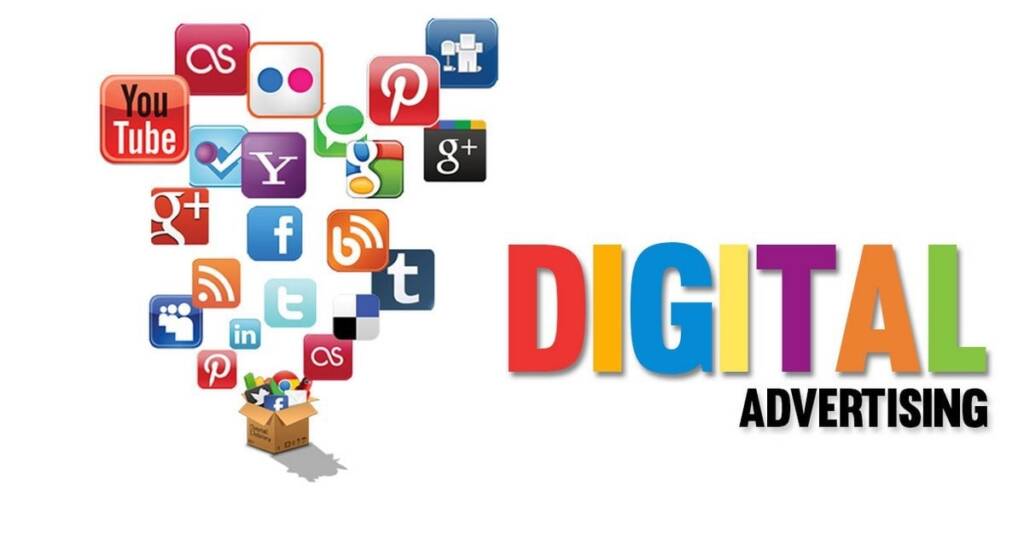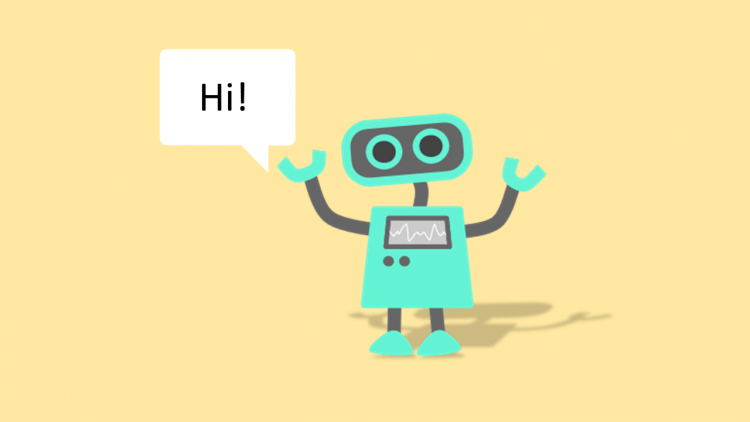For quite some time, artificial intelligence (AI) has been disrupting various industries, including digital marketing. You’ve heard it a million times, and it’s not going away anytime soon. When you think of artificial intelligence, you might imagine a synthetic mind created by humans, as shown in numerous science fiction films.
Aside from the domain of science fiction, artificial intelligence (AI) is simply a technology that can execute activities that would ordinarily need human intelligence. Problem-solving, identifying emotions, and even detecting illnesses are among them.
A Quick Overview of Artificial Intelligence Marketing
AI marketing is a technique for enhancing the consumer experience via the use of technology. It may also be used to improve marketing campaigns’ return on investment (ROI). To obtain insight into your target audience, you may use big data analytics, machine learning, and other procedures. You can establish more effective client touchpoints with these insights. AI eliminates most of the guesswork involved in client interactions, whether you’re doing email marketing or giving customer service.
On a larger scale, it may be utilized to automate activities that formerly required human intervention. AI marketing may be used for content creation, PPC advertising, and even web design. Currently, our agency relies on AI to aid with our video marketing efforts.
READ MORE: Are Bloggers Born or Made? Who Is a Blogger and What Does He Do?
Digital Marketing And Artificial Intelligence
In the field of digital marketing, artificial intelligence (AI) may help to streamline and improve marketing strategies. It can also reduce the possibility of human mistakes. While most of the digital marketing business still relies on human creativity, AI software may be able to create a report based only on data. However, the personal touch is still required to properly connect with your consumers.
Empathy, compassion, and story are all qualities that machines, at least for the time being, cannot duplicate. After all, AI isn’t constrained by human constraints. There’s no telling what AI will be able to achieve in the near future if Moore’s Law remains true.
Meanwhile, as AI marketing becomes more widespread, these are some of the breakthroughs that might have an impact on the business.
The Law of Brand Attraction(Opens in a new browser tab)
Curation and creation of content
Content marketing has now grown into a multibillion-dollar business. It’s so common that some people think it’s the only way to promote.
AI has the ability to curate and develop information, as well as distribute it to the appropriate individuals and platforms. On a basic level, this technology automates content production, but in the future, AI might suggest possible subjects for writers or even build early draughts of content depending on specific factors.
On the strategy level, AI has the ability to assist marketers in developing a comprehensive content plan. This function is already available in several marketing products. I believe it will also be capable of producing thorough reports on content efforts with little to no human intervention.
Digital Advertising using Artificial Intelligence

Artificial intelligence, in my opinion, will continue to revolutionize the way businesses advertise. In fact, without a primitive version of AI, today’s digital advertising methods would be unthinkable. AI-based delivery systems can even power LED billboards.
Based on complicated algorithms and massive data, these systems function independently, delivering the proper sorts of adverts in front of the appropriate sorts of individuals. This is what “programmatic advertising” is all about.
Ad development used to be mostly a creative undertaking. It still is, but if businesses want their advertising to be effective, they must go beyond creativity. Today, it’s all about delivering the right message to the right people at the right time.
Every day, consumers and business-to-business (B2B) purchasers are bombarded with ads. They close the ad or move on to their next activity since the majority of them are irrelevant. Advertisers lose money when this happens.
Businesses may maximize their return on investment by only displaying advertising to relevant visitors using AI. Advertisements may be purchased automatically and then personalized at a large scale. This technique is already being used by many advertisers.
GETTING IT RIGHT!: Lessons on Insight-Driven Marketing Strategy(Opens in a new browser tab)
Chatbots

Chatbots are the one sort of AI that corporations perceive as a game-changer. Many websites already have chatbots, which excel at addressing consumers’ commonly asked queries.
The influence that chatbots can have on the customer experience is what piques people’s interest in them. There aren’t enough personnel or hours in the day for some firms to respond to client inquiries swiftly. Customers may help themselves using chatbots.
However, there is a correct and incorrect method to use chatbots. When it comes to consumer complaints, technology should never have the ultimate word. If a lead or client prefers, they should be able to speak with a live person.
Smart chatbots, rather than the simplistic ones you see currently, have the most promise. These are AI-powered technologies that communicate with humans by generating replies in real-time.
I wouldn’t be shocked if smart chatbots were used for sales prospecting, lead generating, and customer support in the future.
Marketing Strategy: Based on First Principles and Data Analytics(Opens in a new browser tab)
Predictive Analytics And Behavior Analysis
Companies are increasingly employing data scientists and programmers to work in their marketing departments. That’s because their abilities will soon form the foundation of the majority of marketing initiatives.
The internet is like a massive behavioral science lab, but there are so many data sets that humans will never be able to examine them all. That’s where artificial intelligence (AI) comes in.
AI can give organizations deep insights into their consumers through machine learning and large data analysis. Businesses will be able to not only hyper-personalize encounters, but I believe they will also be able to forecast future customer behavior based on the data acquired.
Businesses are investing a lot of money in artificial intelligence. As additional AI use-cases emerge, we’ll learn which methods are the most and least effective in digital marketing.
Marketing Strategy: Based on First Principles and Data Analytics(Opens in a new browser tab)
